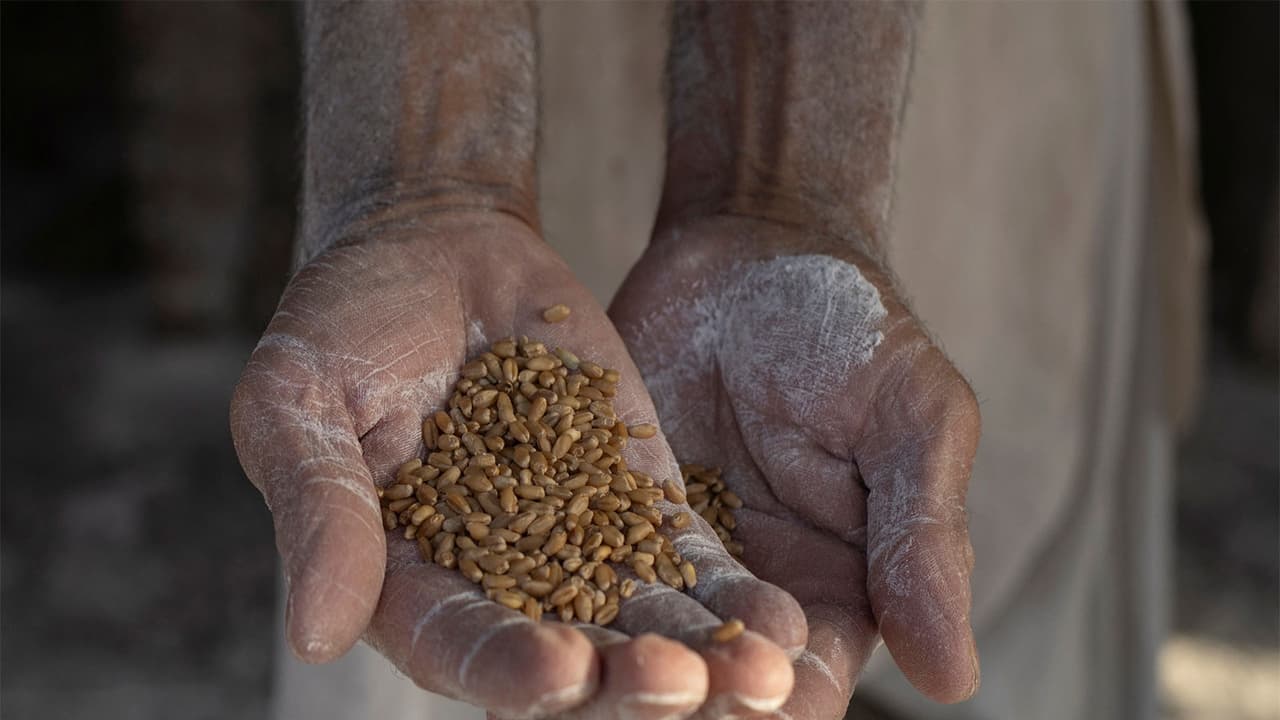Pakistan’s wheat management faces turmoil as Sindh releases wheat at subsidised rates while Punjab restricts interprovincial trade. Prices keep rising due to overconsumption in animal feed, stock losses from floods, and delayed imports.
Sindh [Pakistan]: Pakistan’s wheat management system is once again caught in disarray, reflecting a troubling mix of policy paralysis and administrative failure. In an attempt to rein in surging flour prices, the Sindh cabinet recently approved the release of 1.265 million tonnes of wheat to flour mills at Rs3,800 per maund. Simultaneously, the Punjab government has enforced strict restrictions on the interprovincial movement of wheat and flour through a permit-based system. Yet, despite these measures, wheat prices continue their upward climb, signalling a widening imbalance between supply and demand, as reported by Dawn.
According to Dawn, the debate within policy circles has intensified over whether Pakistan’s existing wheat reserves can sustain the country until Sindh’s next harvest in March or if imports will become inevitable. The Pakistan Flour Mills Association has claimed that poultry and livestock feed mills have consumed more than 1.6 million tonnes of wheat within four months after harvest, using it as a cheaper substitute for maize. Punjab’s subsequent ban on using wheat in animal feed, implemented in September 2025, was deemed a delayed and ineffective response. This excessive consumption, coupled with stock losses due to recent floods, has made importing around 1.5 million tonnes of wheat unavoidable.
Uncertainty over domestic reserves
The federal minister for national food security insists that domestic reserves are adequate. The lack of a transparent, reliable system to assess actual stock levels has fuelled widespread uncertainty. Most of the marketable wheat now lies in private hands, including mills, traders, and politically connected elites, many of whom purchased vast quantities during the harvest at Rs2,000-2,200 per maund, hoping to profit later, as highlighted by Dawn.
The government’s hesitation to admit a shortage is politically motivated, as acknowledging it would undermine previous claims of stability. However, delaying imports until next year could spell disaster, triggering inflation, market panic, and public anger. Experts warn that such indecision mirrors Pakistan’s earlier sugar crisis, where mistimed imports crushed farmers and fuelled speculation. Once again, the state appears to be protecting vested interests over consumers and growers, risking a deeper food security emergency in the months ahead, as reported by Dawn.
(Except for the headline, this story has not been edited by Asianet Newsable English staff and is published from a syndicated feed)
